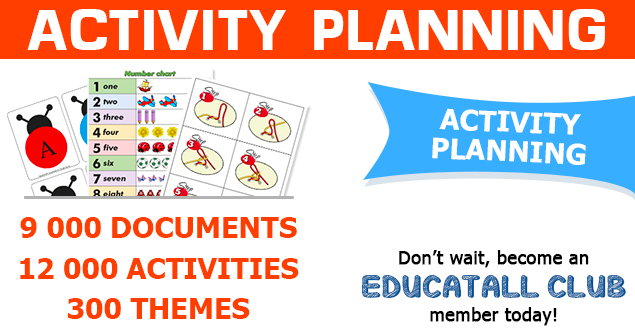Evaluation of fine motor skills by an occupational therapist
Hello,
My daughter started kindergarten in September. She was born in May so she is now 5 ½ years old.
Her teacher has recommended that we see an occupational therapist to work on her fine motor skills. She has trouble using scissors as well as difficulty tracing letters and numbers with care.
I am not sure if this is relevant, but she is left-handed. Is an evaluation by an occupational therapist really necessary? When my son was the same age, his writing was worse. In general, my daughter functions very well in the classroom. However, she does not always complete her work since she has a tendency to give up when she faces a difficult task.
What do you recommend?
Lilou
Hello Lilou,
When a child begins his/her preschool education, he/she is expected to be able to remain seated and attentive for a reasonable period of time, to be able to use crayons and scissors, and display a certain level of autonomy in daily and academic activities (ex. zipping coat).
In Quebec, the chronological age at which children start kindergarten is 5 years old. Unfortunately, some children have not reached the neurological maturity required for the development of capacities that are part of the preschool academic program.
Sensorimotor development is the process through which a child, from birth, learns to recognize and manage various sensations that surround him/her and therefore control his/her body. This process is spread over several years and reaches an interesting level of maturity around 7 years old.
The beginning of the first year of a child's life involves the challenge of gradually integrating the reflexes that are present at birth to make voluntary movements possible. Throughout this first year, the child also works on developing strength in his/her core muscles. This will lead to a stable posture that will make moving against the force of gravity possible.
In subsequent years, the child becomes more and more capable of coordinating the movement of both sides of his/her body symmetrically (ex. jump with his/her feet together) and later, in a complementary manner (ex. cutting with one hand and holding the paper with the other hand). He/she also develops the capacity to move a single body part without activating the rest of his/her body (ex. coloring without moving his/her entire arm, only his/her wrist). Eventually, the child will refine his/her ability to organize the movement of his/her fingers in order to be able to manipulate crayons, scissors, and other tiny objects efficiently.
Manual dominance on the left side does not usually delay the acquisition of abilities beyond sometimes requiring a minor adjustment of the sequence used to trace letters.
A significant difference is possible in terms of sensorimotor development among children, particularly those born in September and October.
In fact, more and more schools now offer occupational therapy stimulation programs for students from preschool to grade 1 to support them in the progression of their sensorimotor development. An occupational therapist is a health professional whose role is to support the child's functioning by targeting the development of various capacities required for optimal functioning.
With time, your daughter will most likely see her sensorimotor development complete its process of maturation. This will help her face the challenges she is experiencing at school. That being said, for certain students, this process can be longer. Others may face various challenges related to their integration or their academic functioning.
Your daughter's teacher is a professional who is well-equipped in terms of evaluating children's abilities according to the program's expectations and in comparison with what other children can or cannot do. Her goal is to support your daughter in her academic experience to guarantee that she is successful, remains motivated, and has the tools required to enter grade 1 when the time comes. I encourage you to consider her concerns. It is always beneficial to be proactive when it comes down to supporting a child's development.
When a child experiences functional difficulties and delayed success as a student, an occupational therapist represents a professional who can be consulted to understand the child's difficulties and intervene, if necessary, to support him/her.
Josiane Caron Santha, Occcupational therapist
Educatall.com is not responsible for the content of this article. The information mentioned in this article is the responsibility of the author. Educatall.com shall not be held responsible for any litigation or issues resulting from this article.

 Home
Home Theme activities
Theme activities
 Babies and toddlers
Babies and toddlers
 Arts and crafts
Arts and crafts
 Science
Science
 Creative recipes
Creative recipes
 Tips and tricks
Tips and tricks
 Special needs
Special needs
 Extra activities
Extra activities
 Educ-TV
Educ-TV
 Newsletter
Newsletter  Online store
Online store Educatall club
Educatall club

